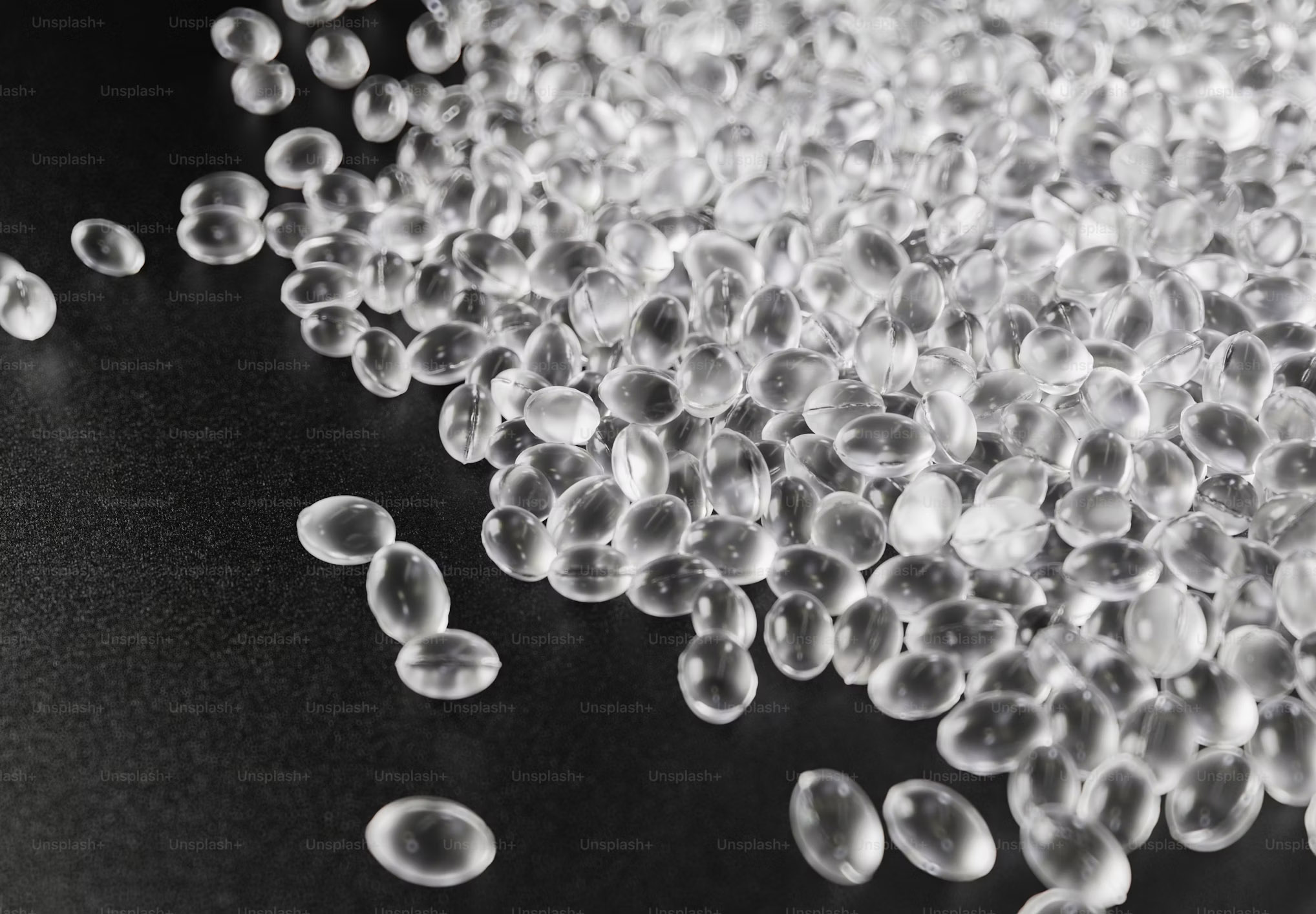As we stand on the brink of 2024, the manufacturing landscape is rapidly evolving, driven by the integration of smart technologies.
At Orbetron, we are at the forefront of this transformation, leveraging cutting-edge advancements to enhance our feeding systems and drive efficiency, precision, and sustainability. Here’s a look at how smart manufacturing principles are shaping the future of feeding technologies and how Orbetron is leading this exciting journey.
The Rise of Smart Manufacturing
Smart manufacturing, often referred to as Industry 4.0, represents a paradigm shift in how manufacturing processes are designed, monitored, and optimized. This approach integrates advanced technologies such as the Internet of Things (IoT), artificial intelligence (AI), and real-time data analytics to create highly efficient, adaptive, and interconnected production environments.
Key principles of smart manufacturing include:
- Real-Time Data Integration: Continuous monitoring and data collection from various sensors and devices enable real-time insights and decision-making.
- Predictive Maintenance: AI-driven analytics predict equipment failures before they occur, reducing downtime and maintenance costs.
- Automation and Robotics: Automated systems and robotics enhance precision, reduce human error, and increase production speed.
- Sustainability: Optimizing resource use and minimizing waste to support green manufacturing practices.
Orbetron’s Role in Smart Manufacturing
At Orbetron, we are committed to integrating these smart manufacturing principles into our feeding technologies. Here’s how we are leading the way:
- Advanced Data Analytics and IoT Integration Orbetron’s feeding systems are equipped with IoT-enabled sensors that continuously collect data on operational parameters. This data is analyzed in real-time to optimize feeding rates, detect anomalies, and ensure consistent quality. By leveraging advanced data analytics, we can provide actionable insights that help our clients improve their production processes.
- Precision and Customization Our commitment to precision engineering ensures that our feeding systems deliver exact quantities of materials, reducing waste and enhancing product quality. Orbetron’s ability to customize feeding solutions to meet specific client needs allows for greater flexibility and efficiency in various manufacturing environments.
- Predictive Maintenance By integrating AI-driven predictive maintenance capabilities, Orbetron’s systems can anticipate potential issues before they lead to downtime. This proactive approach not only extends the lifespan of our equipment but also ensures uninterrupted production for our clients.
- Sustainability Initiatives Orbetron’s feeding technologies are designed with sustainability in mind. Our systems minimize material waste and optimize energy consumption, contributing to greener manufacturing practices. We use high-quality, durable components that reduce the need for frequent replacements, further supporting our commitment to environmental responsibility.
The Future of Feeding Technologies
Looking ahead, the integration of smart manufacturing principles will continue to drive innovation in feeding technologies. Here are some trends to watch:
- Enhanced Connectivity: Greater integration of IoT devices will enable more seamless communication between different stages of the production process, leading to more cohesive and efficient operations.
- AI and Machine Learning: These technologies will play a crucial role in further optimizing feeding processes, from real-time adjustments to long-term strategic planning.
- Sustainable Practices: As environmental regulations become stricter, the demand for sustainable manufacturing solutions will grow. Orbetron is well-positioned to meet these demands with our eco-friendly feeding systems.
Conclusion
As we embrace the future of smart manufacturing, Orbetron remains dedicated to pioneering advancements in feeding technologies. By integrating IoT, AI, and sustainable practices into our systems, we are not only enhancing operational efficiency but also contributing to a more sustainable and innovative manufacturing landscape. Stay tuned as we continue to lead the way in transforming feeding technologies for the better.

